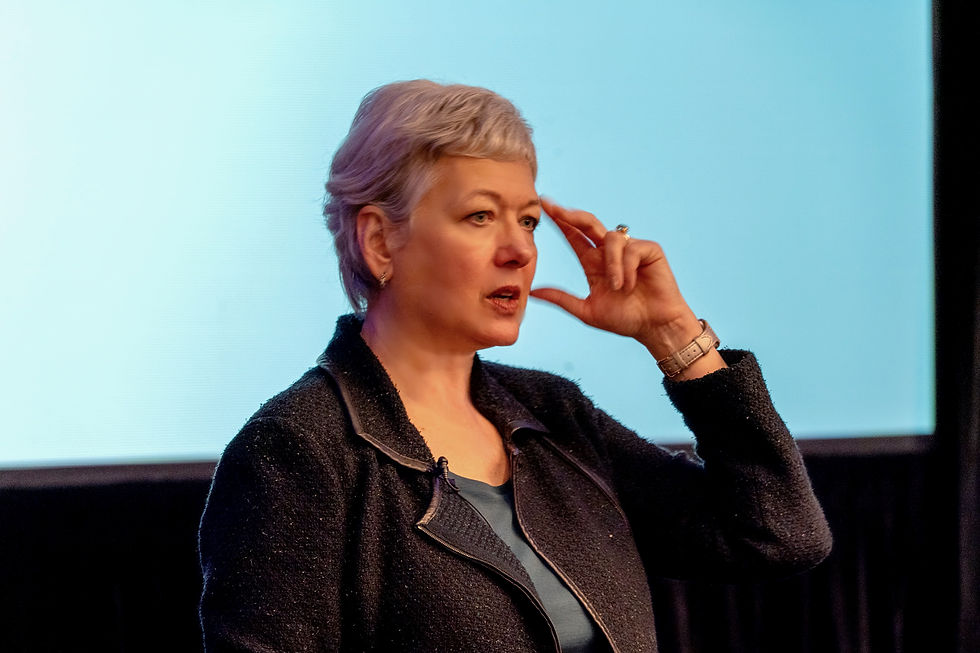You Can’t Know It All: Why I Wrote the Book
- sarah02338
- May 9, 2023
- 2 min read
By Wanda Wallace for Women Writers, Women ('s) Books

I have coached many women who were seen as great, amazing contributors in the workplace – highly valued by clients, managers, peers – but who were not seen as the next leader of the group. On the one hand, these women were valued because of their knowledge, experience and expertise. But on the other hand, they struggled to accept an expedient compromise. They saw all the complexities in the details and wanted to make sure those details were accurately understood and captured. In effect, they saw their job as controlling quality and thereby limiting risk.
As it happens, the people who were taking on the next level leadership roles were not so wedded to (or perhaps adept at) the depth, complexity or detail. They were more interested in making a reasonable call and moving things forward. The conundrum for women was that what had made them so valuable and had built their careers was what was holding them back now.
If we think about the background of women who are in the corporate world today, they were probably great students all the way through university where detail, perfection and doing it yourself got rewarded. Early in their careers that extra attention to detail also got them noticed, and in those early years they were doing the work themselves. When they became team leaders, they were often valued as a leader because of their knowledge and experience.
As a result, women learned to rely on their knowledge to build their personal brand and their network. In effect, they could let their work speak for itself…Until that was no longer effective for taking the next step in their career, and they were not being promoted due to a lack of competence or expertise, but because they did not know how to transition.
As I began to articulate the transitions that must happen to keep advancing careerwise (or rather, to have increasing impact), I realized that women were not the only ones struggling with this transition. IT professionals were the first to make this clear to me. As IT became more and more important, technologists were being asked to step away from their specialist knowledge and interface with business leaders in a different way. They were facing the same challenges as I saw among women.
Then it became apparent that the same obstacle appeared for anyone who had built a career on depth of knowledge and were now being asked to transition to a broader, more ambiguous role. This included engineers, programmers, traders, sales experts, HR professionals, lawyers, marketers, communications people, operations teams… just about everyone.
To read the rest of the article please click here


شيخ روحاني
رقم شيخ روحاني
شيخ روحاني لجلب الحبيب
الشيخ الروحاني
الشيخ الروحاني
شيخ روحاني سعودي
رقم شيخ روحاني
شيخ روحاني مضمون
Berlinintim
Berlin Intim
جلب الحبيب
سكس العرب
https://www.eljnoub.com/
https://hurenberlin.com/
https://www.blogger.com/profile/14805511932941819302
https://www.blogger.com/profile/00749959524029140964
جلب الحبيب بالشمعة
Mantap sekali ulasannya, saya jadi paham. Saya juga punya rekomendasi situs slot gacor nih: kabar4d Slot Gacor Hari Ini